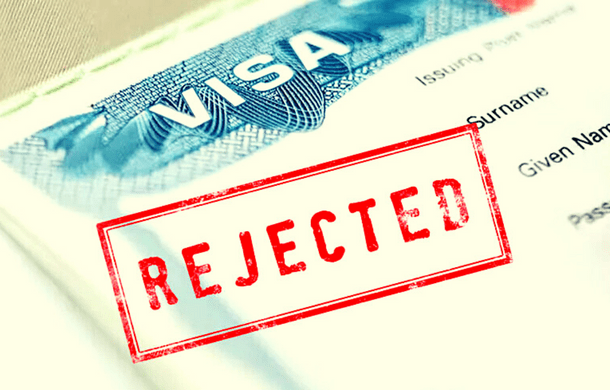For couples striving to reunite in the United Kingdom, the UK Spouse Visa serves as a vital gateway. However, the journey is not always smooth, as many applicants face the daunting prospect of visa refusal. In such circumstances, understanding the UK Spouse Visa refusal appeal process becomes imperative. This comprehensive guide elucidates the intricacies of the appeal procedure, empowering applicants with the knowledge needed to navigate this challenging terrain.
Understanding UK Spouse Visa Refusal:
Before delving into the appeal process, it's essential to grasp the common reasons for UK Spouse Visa refusal. These may include insufficient evidence of a genuine relationship, inadequate financial support, discrepancies in documentation, or failure to meet the English language proficiency requirement. Each refusal reason demands a tailored approach during the appeal process.
Initiating the Appeal:
Upon receiving a visa refusal notice, the applicant has the option to appeal the decision. The first step involves understanding the grounds for refusal outlined in the refusal letter. With a clear understanding of the reasons behind the refusal, the applicant can proceed to gather additional evidence or address any discrepancies to strengthen their case.
Preparing the Appeal:
A successful appeal hinges on meticulous preparation. This involves compiling a comprehensive appeal bundle, which typically includes updated documentation, witness statements, and any relevant correspondence. Additionally, seeking legal guidance or assistance from immigration advisors can provide invaluable support throughout the appeal preparation process.
Submitting the Appeal:
Once the appeal bundle is assembled, it must be submitted to the appropriate authority within the specified timeframe. In the case of a UK Spouse Visa refusal, the appeal is typically lodged with the First-tier Tribunal (Immigration and Asylum Chamber). Timely submission is critical, as failure to adhere to deadlines may jeopardize the appeal process.
Attending the Hearing:
Upon submission, the appeal progresses to a hearing before the First-tier Tribunal. During the hearing, both the appellant and the Home Office present their respective cases before a judge. This presents an opportunity for the appellant to provide oral testimony and address any concerns raised by the Home Office.
Presenting a Compelling Case:
Central to a successful appeal is the presentation of a compelling case. This involves articulating why the refusal decision should be overturned based on the evidence provided. Additionally, demonstrating a genuine and subsisting relationship, sufficient financial means, and a commitment to meeting visa requirements can bolster the appellant's case.
Awaiting the Outcome:
Following the hearing, the judge deliberates on the evidence presented and issues a decision. This decision may be delivered orally at the conclusion of the hearing or provided in writing at a later date. In some cases, the judge may overturn the refusal decision and grant the UK Spouse Visa, while in others, the appeal may be dismissed.
Exploring Further Options:
In the event of an unfavorable outcome, applicants may explore further avenues for recourse. This may include seeking permission to appeal to the Upper Tribunal or pursuing alternative visa routes. Additionally, reassessing eligibility criteria and addressing any deficiencies identified during the appeal process can inform future visa applications.
Conclusion:
The UK Spouse Visa refusal appeal process can be complex and challenging, but with thorough preparation and expert guidance, applicants can effectively navigate this terrain. By understanding the grounds for refusal, diligently preparing the appeal, and presenting a compelling case, individuals can increase their chances of success in overturning a refusal decision and reuniting with their loved ones in the United Kingdom.





Comments